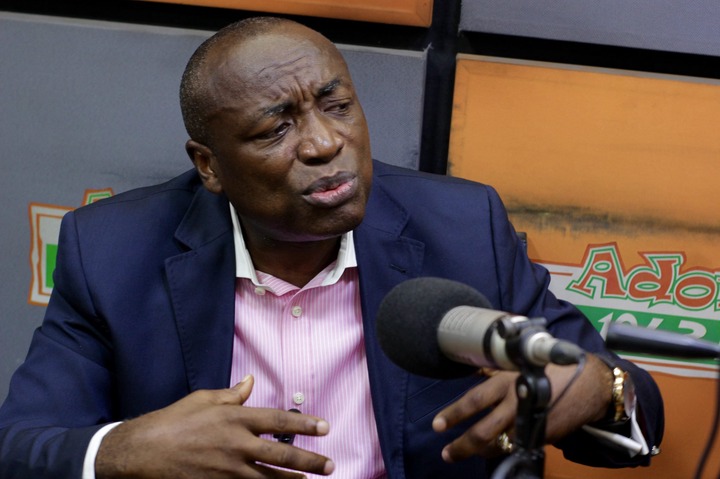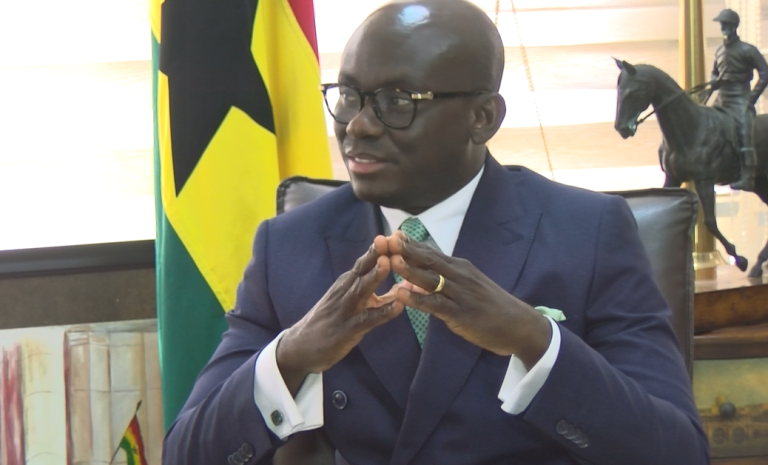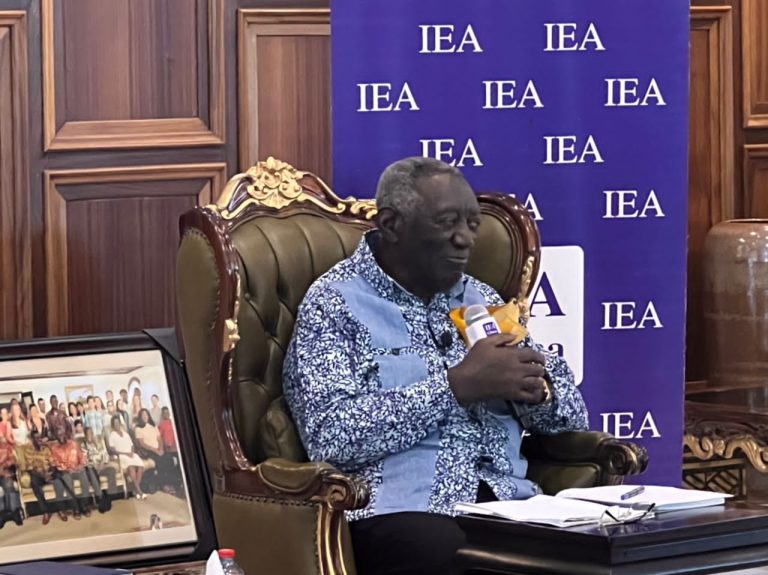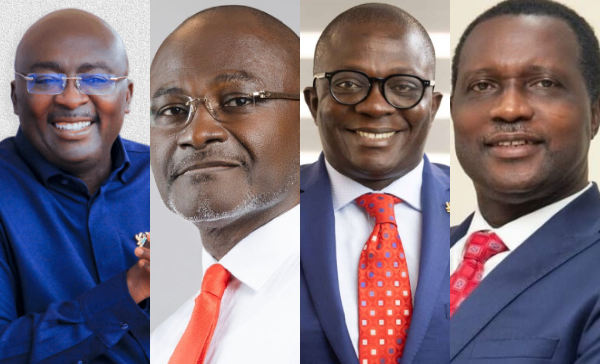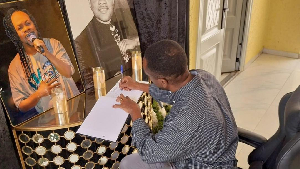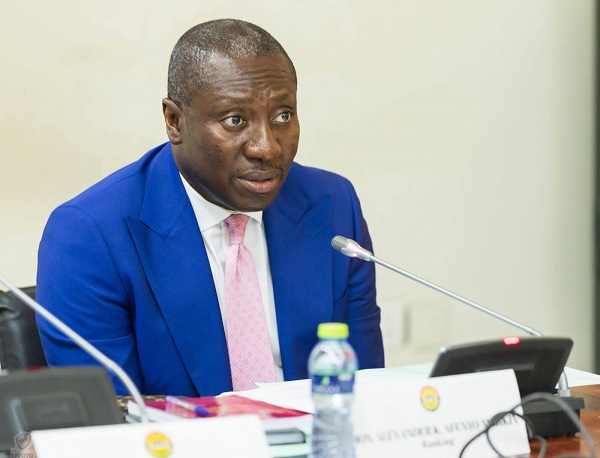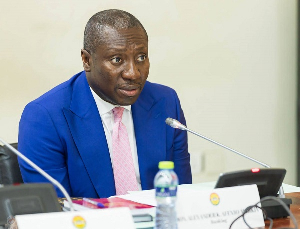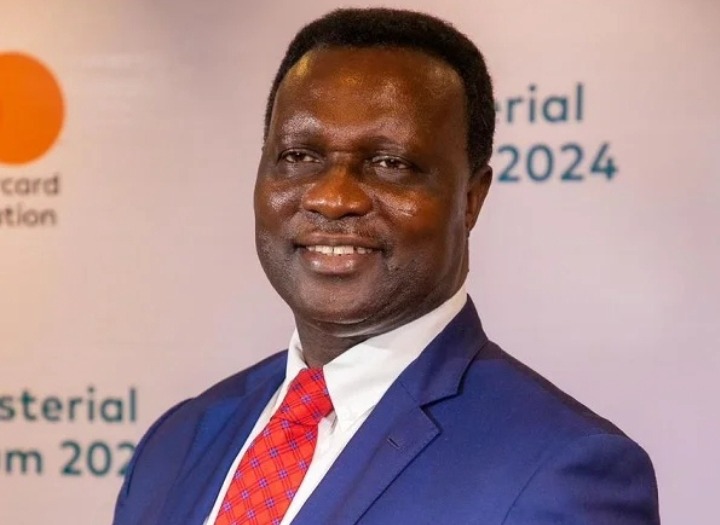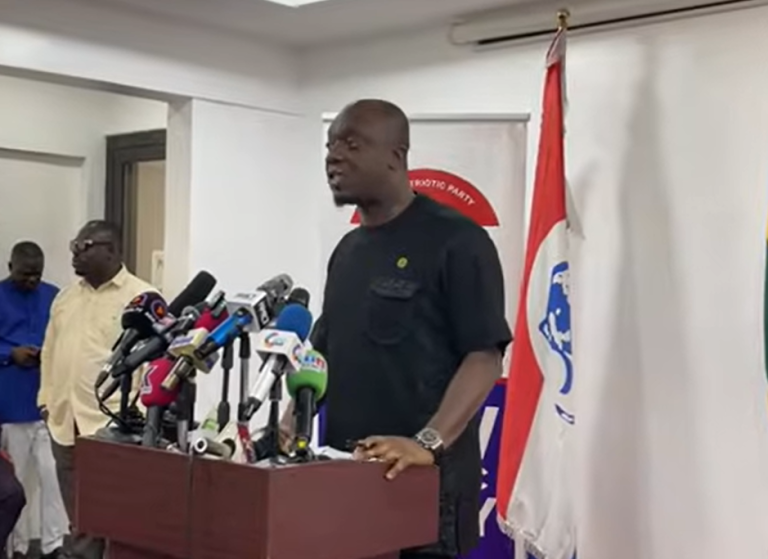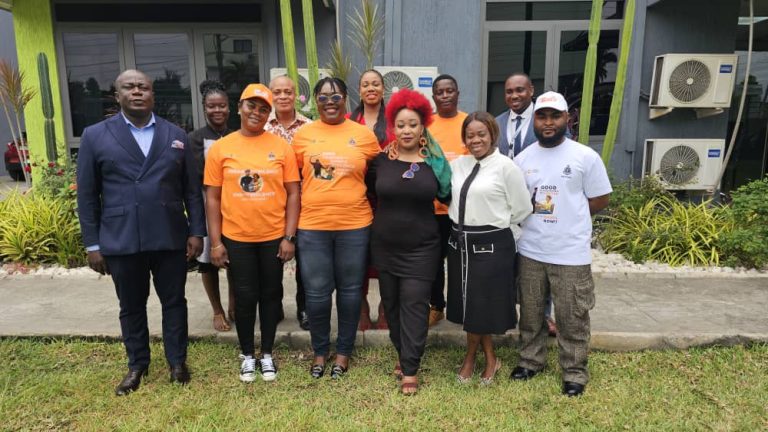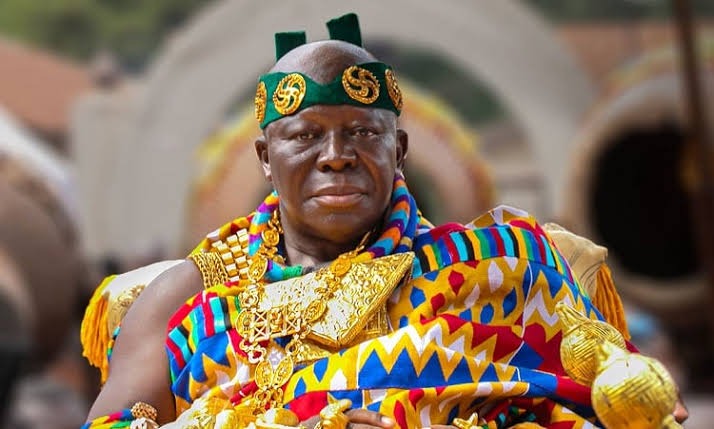Over the past two decades, Ghana’s real estate has experienced steady growth, driven by a rising middle class, increased private sector involvement, and rapid urbanization.
As Accra, Tema, Kumasi, and Takoradi expand, demand for residential housing continues to outpace supply, contributing to a deficit of over 1.8 million units. Amid this growing demand, financing remains one of the most significant barriers to homeownership.
To bridge this financing gap, developers, financial institutions and government agencies have introduced structured payment plans and alternative home financing solutions aimed at salaried workers, entrepreneurs, investors, and Ghanaians living abroad.
These financing schemes are largely based on home mortgage.
Waylead, Ghana’s trusted real estate developer throws more light on mortgage financing options tailored to first-time buyers, retirees, business owners, and investors.
Financing options worth exploring
Buying property is one of the most capital-intensive decisions a person will make. In Ghana, financing methods differ widely in structure and accessibility. Options include:
Conventional mortgage loans
Developer (self) financing
Employer-assisted mortgage programs
Government-backed mortgage schemes
Pension-backed home financing
Diaspora mortgages
Personal savings and family loans
Rent-to-own schemes
Each option suits different financial realities. Among these, mortgage financing remains the most structured but also the most technical.
What is Mortgage?
A mortgage is a loan agreement where a borrower uses real estate – typically a home s/he is looking to purchase – as collateral to secure funding from a lender to own that particular property.
The prospective homeowner is given funds by an institution to buy a specific property outright while paying for the loan over a period.
In Ghana, mortgage loans tend to span between 10 to 25 years. This offers buyers the convenience of purchasing a house while providing wiggle room to invest in other areas of their life.
Understanding mortgage options in Ghana
There are a variety of options in Ghana when it comes to mortgage financing. These are:
1. Conventional Mortgage Loans
2. Government-Backed Mortgage Schemes
3. Employer-Assisted Mortgage Programs
4. Diaspora Mortgages
5. Pension-Backed Mortgages
Understanding which option aligns with your financial standing is essential. Each product varies in down payment requirements, interest rate structures (fixed vs. variable), collateral requirements, and repayment schedules.
Conventional mortgage loans
Commercial banks and specialized mortgage finance institutions like Republic Bank, First National Bank, and Ecobank offer conventional mortgage packages.
Loan tenures range from 10 to 25 years. Interest rates fluctuate between 18% and 30% per annum depending on market conditions, credit score, and income source. Loans may be denominated in Ghana Cedis or U.S. Dollars.
What borrowers must consider carefully are:
Loan-to-value ratio (LTV) – usually 80%, meaning a 20% minimum deposit is required.
Debt-to-income ratio – your existing debt obligations versus your income.
Repayment terms – monthly amortization, prepayment penalties, and flexibility.
Currency risk – if earnings are in GHS but mortgage is in USD, exposure to forex volatility must be evaluated.
Documentation plays a decisive role. Most lenders will require:
Valid national ID, and utility bill (proof of address)
Pay slips or proof of regular income
Bank statements (6–12 months)
Employment letter or business registration documents
Offer letter from developer
Title deed or site plan
Valuation report of the property
Buyers without clean credit histories or formal documentation often face delays or disqualification.
Government-Backed Mortgage Schemes
The National Mortgage Scheme (NMS) is a collaboration between the Government of Ghana and select banks (e.g., GCB, Republic, Stanbic) to improve affordability.
It targets low- to middle-income households with standardized interest rates significantly lower than market offerings.
Unique features include:
Joint applications—ideal for couples or siblings pooling income
Longer tenures—allowing smaller monthly repayments
Simplified eligibility criteria compared to conventional banks
However, access is limited to banks enrolled in the NMS and may be subject to government budget cycles.
Employer-Assisted Mortgage Programs (EAMPs)
In employer-assisted mortgage models, companies partner with real estate developers and financial institutions to ease access to housing for their employees. This may include:
Negotiated group mortgage rates
Down payment contributions from the employer
Payroll deductions for loan repayment
Developer partnerships to reserve units for staff
While highly effective, these programs tend to benefit workers in formal employment, particularly those in multinationals or large public institutions.
Diaspora mortgages
With remittance inflows consistently exceeding $3 billion annually, Ghana’s diaspora plays a vital role in housing demand. Several banks—Stanbic, Fidelity, First Atlantic—offer diaspora-targeted mortgage products.
These loans are structured with flexible remittance tracking, income proof from foreign employers, and often require a co-applicant resident in Ghana.
Mortgages generally serve as a form of insurance against land litigation and construction fraud since lenders conduct independent valuations and legal due diligence on behalf of the buyer.
For buyers in the diaspora, this is welcoming news, as it offers them peace of mind during such real estate transactions.
Pension-backed mortgage
Introduced under the amended National Pensions Act (Act 766), this option allows contributors to Tier 2 pension schemes to use part of their accumulated pension funds as down payment or collateral for a mortgage. This allows contributors to:
Avoid borrowing for initial deposit
Reduce total loan amounts
Increase mortgage eligibility
However, not all pension trustees offer this facility yet, and fund accessibility is subject to conditions like minimum contribution period and fund maturity.
How waylead helps navigate mortgage financing
Waylead collaborates with accredited banks, pension fund administrators, government-backed schemes, and employers to reduce the complexity of property acquisition through mortgage. Their structured approach provides clarity for buyers by:
Facilitating direct communication with banks for mortgage prequalification
Assisting with the collation of documentation and legal processes
Coordinating with employers or institutions involved in EAMPs
Offering 20% initial deposit and payment plans that complement mortgage financing
Rather than selling the illusion of affordability, Waylead works with buyers to align income realities with available financing structures.
The aim is to make long-term ownership sustainable—whether you’re a young professional, business owner, investor, or retiree planning for passive income.
Final thoughts
Financing real estate in Ghana through a mortgage is possible, but not without its complexities.
A clear understanding of your financial situation, the loan structures available, and the terms attached to each can make the difference between a strategic investment and a financial misstep.







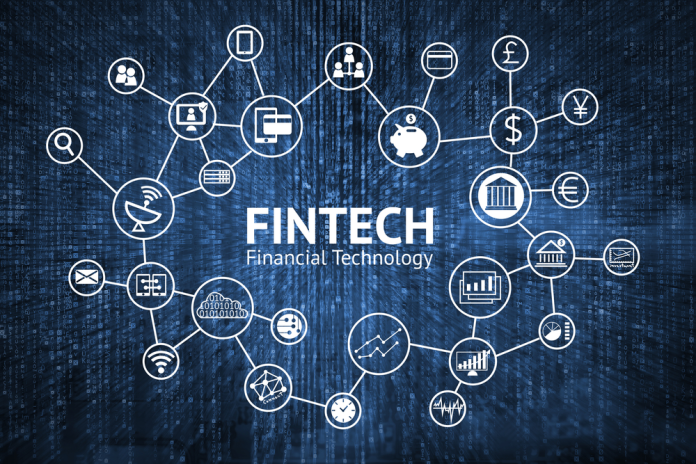
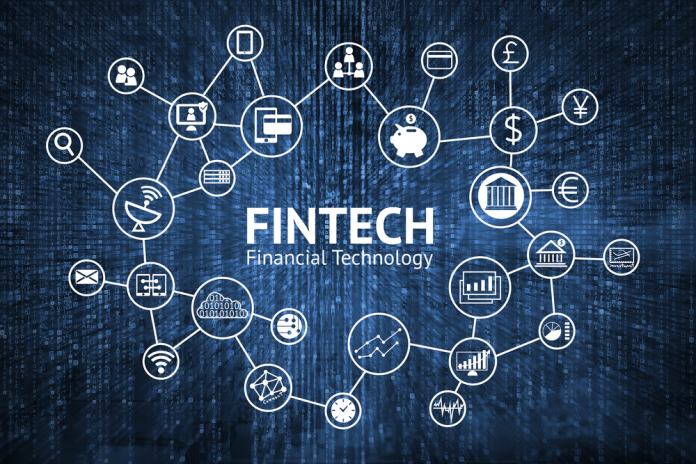





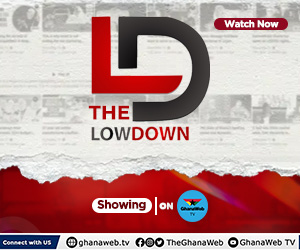






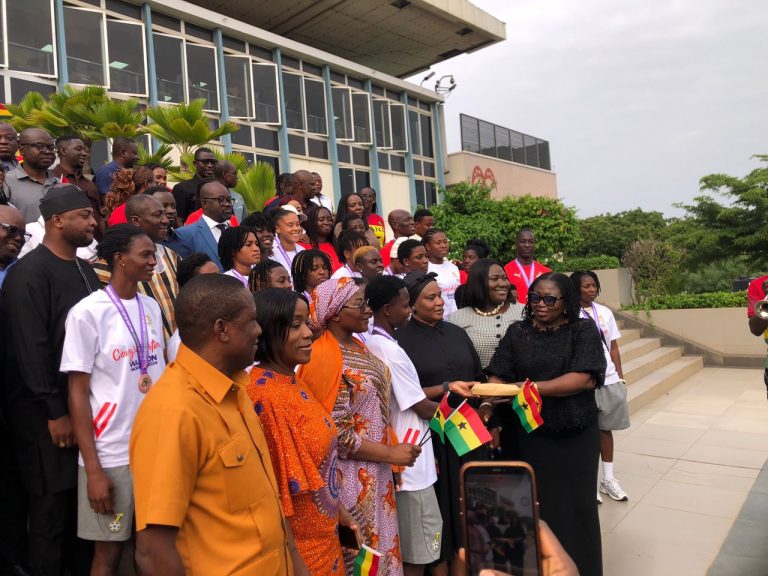


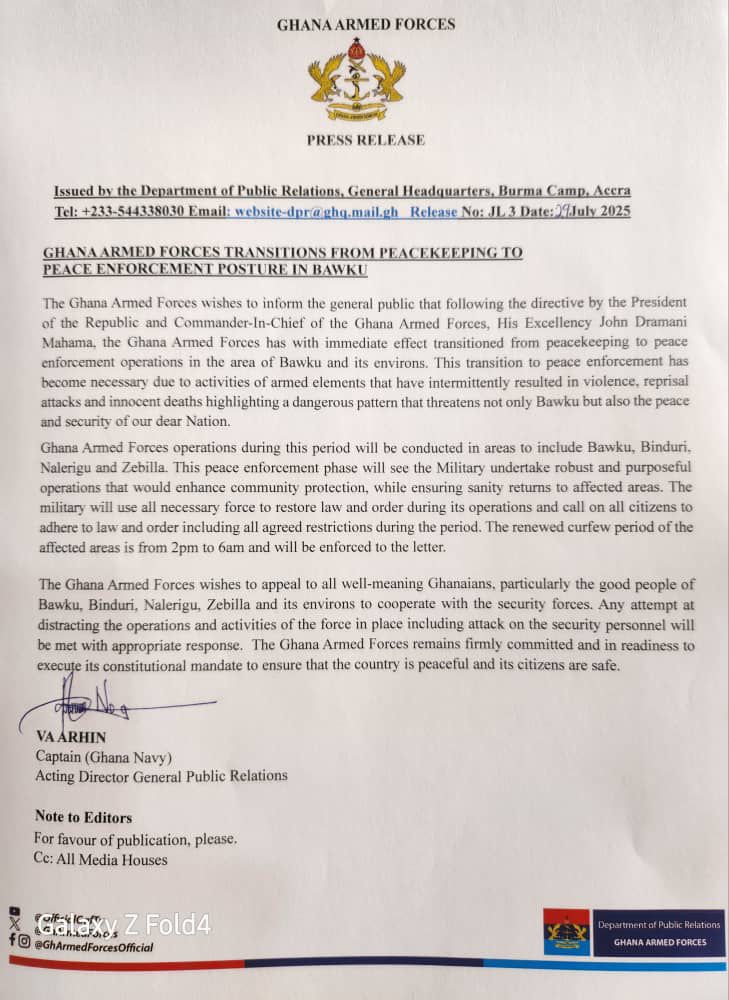
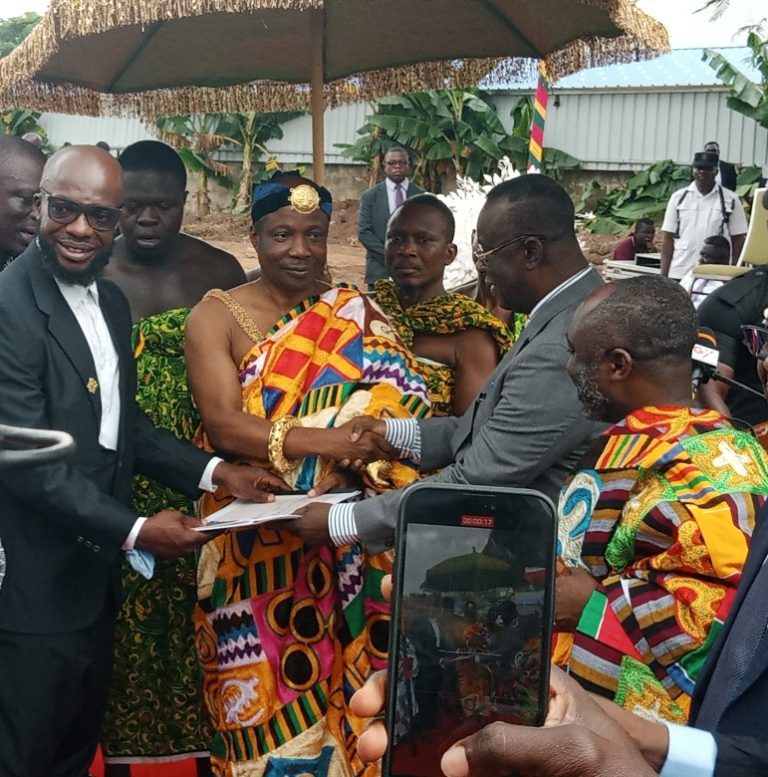


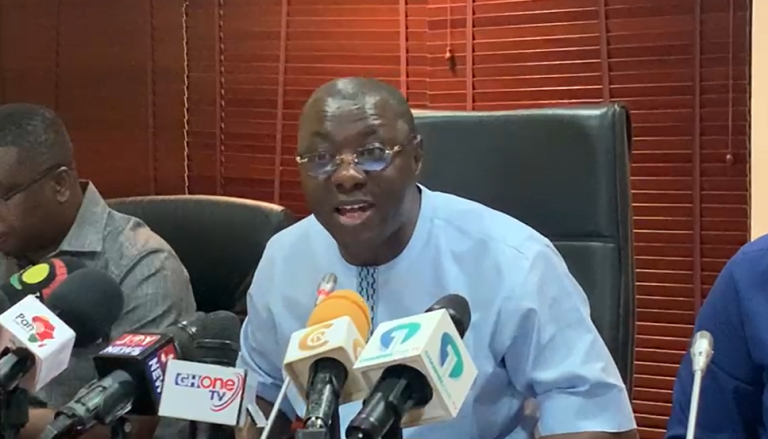
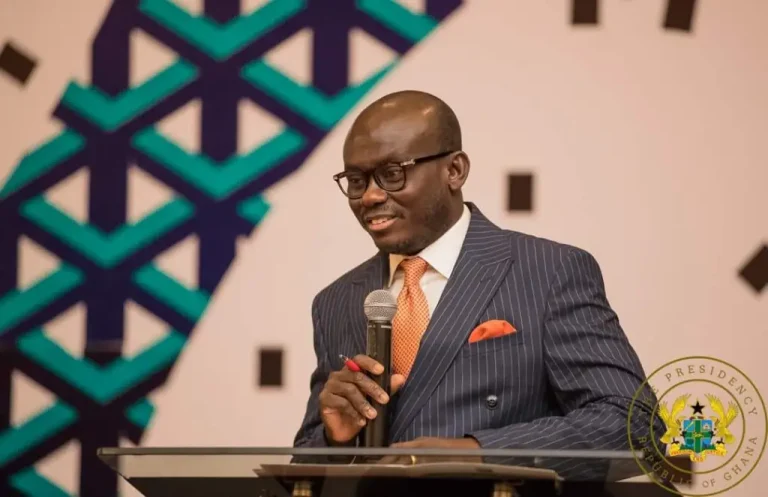

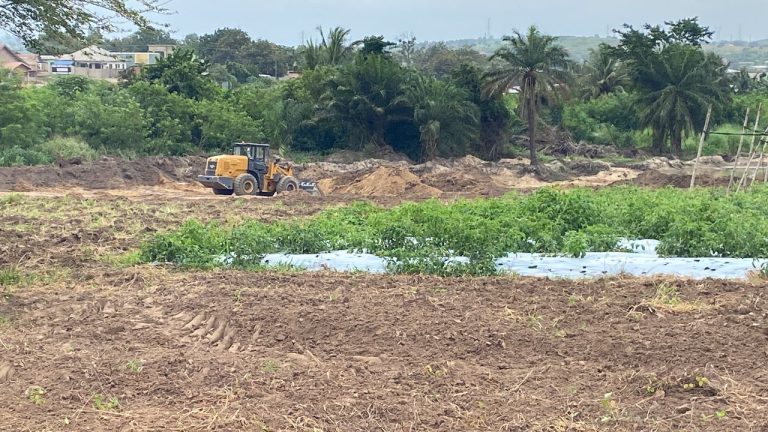










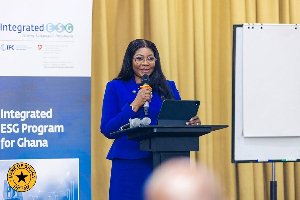
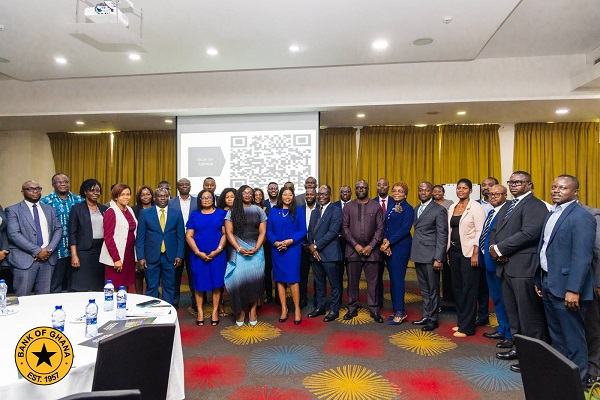


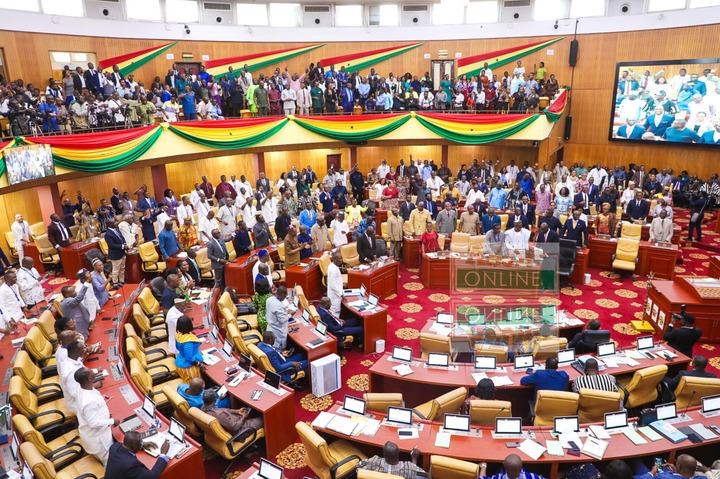
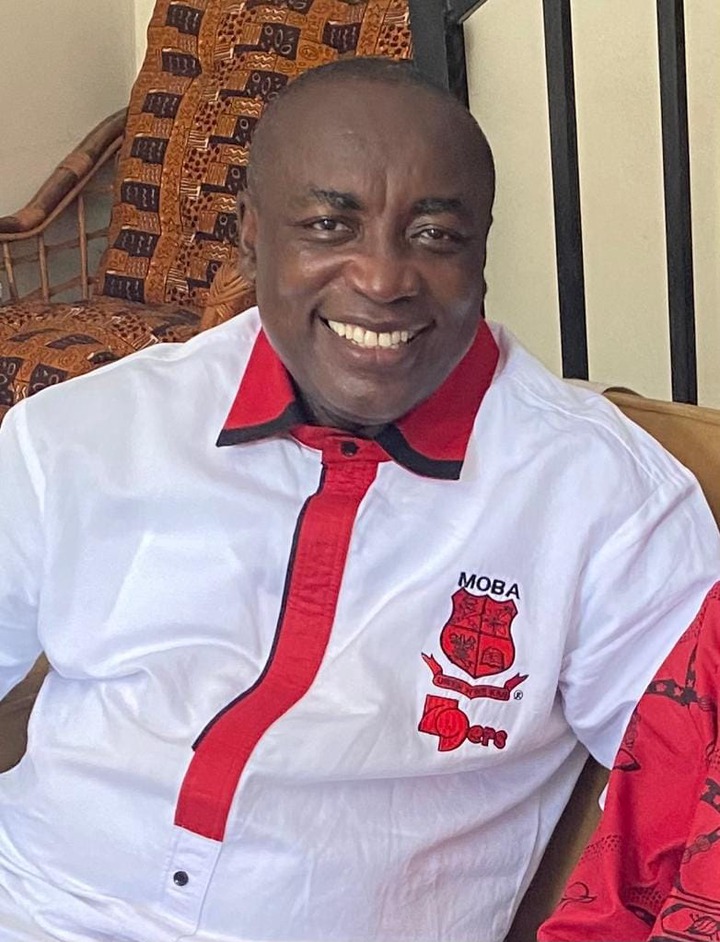

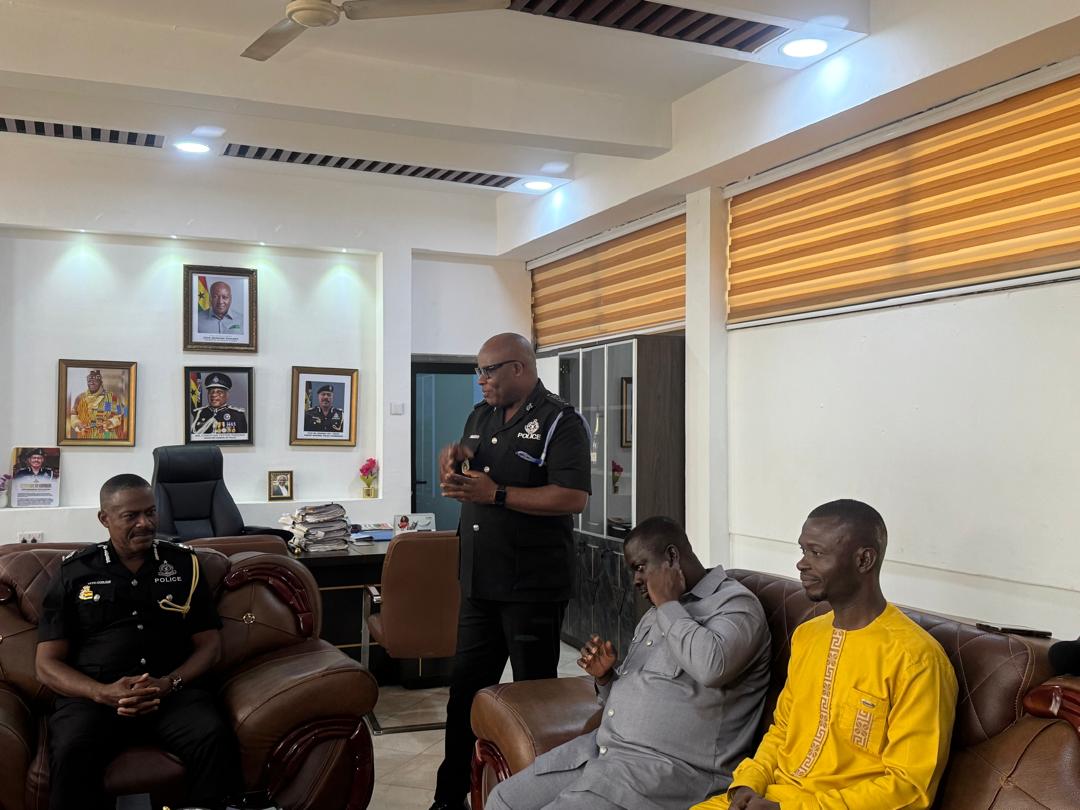 “We know the capabilities of the police when they are determined. Just as security forces have managed to contain tensions in Bawku, we believe similar success can be achieved here. We don’t want another Bawku situation in the Ashanti Region. The GJA will collaborate with the police to ensure peace is maintained,” Mr. Dwumfuor said.
“We know the capabilities of the police when they are determined. Just as security forces have managed to contain tensions in Bawku, we believe similar success can be achieved here. We don’t want another Bawku situation in the Ashanti Region. The GJA will collaborate with the police to ensure peace is maintained,” Mr. Dwumfuor said.![Teni, Flavour, Timi Dakolo others perform for Super Falcons at Presidential Dinner [VIDEO] Teni, Flavour, Timi Dakolo others perform for Super Falcons at Presidential Dinner [VIDEO]](https://www.ghanamma.com/wp-content/uploads/2025/07/15ffd1581c1deeba01126acfb8bcf2f8.webp)
